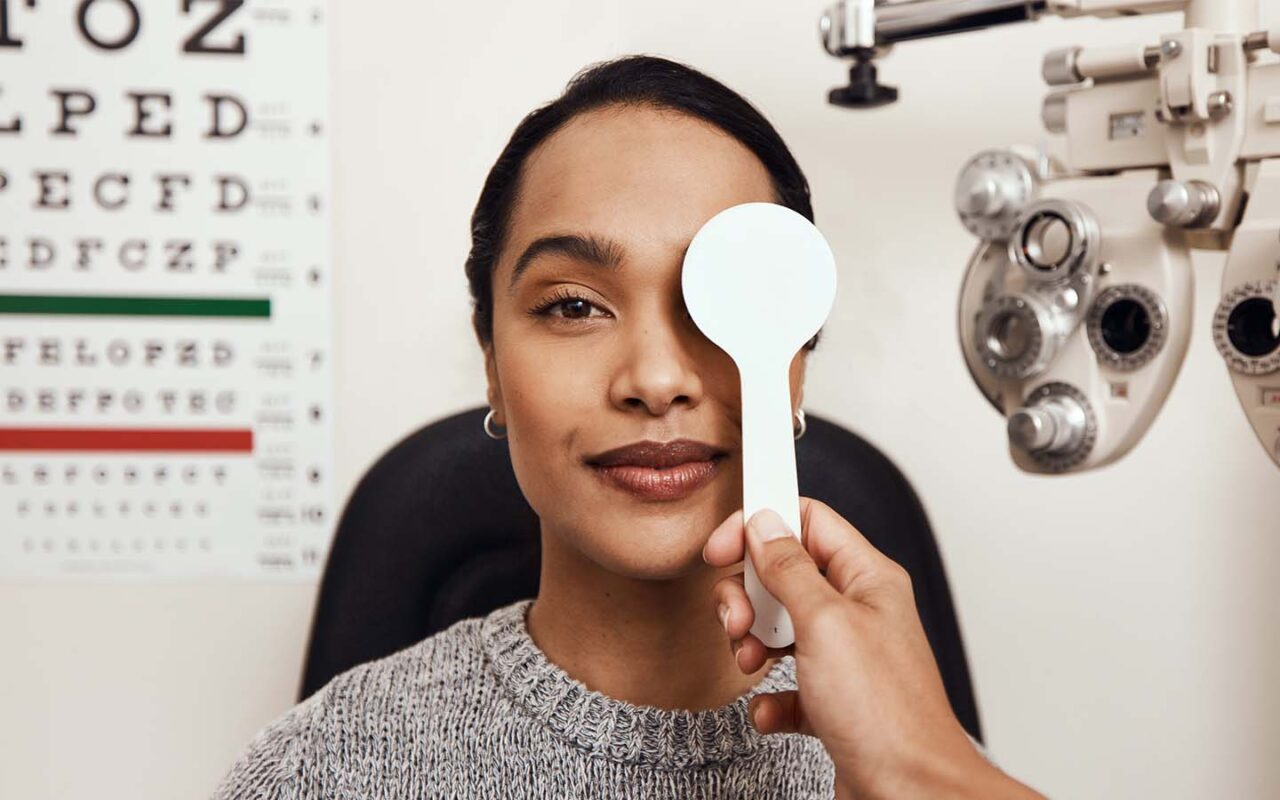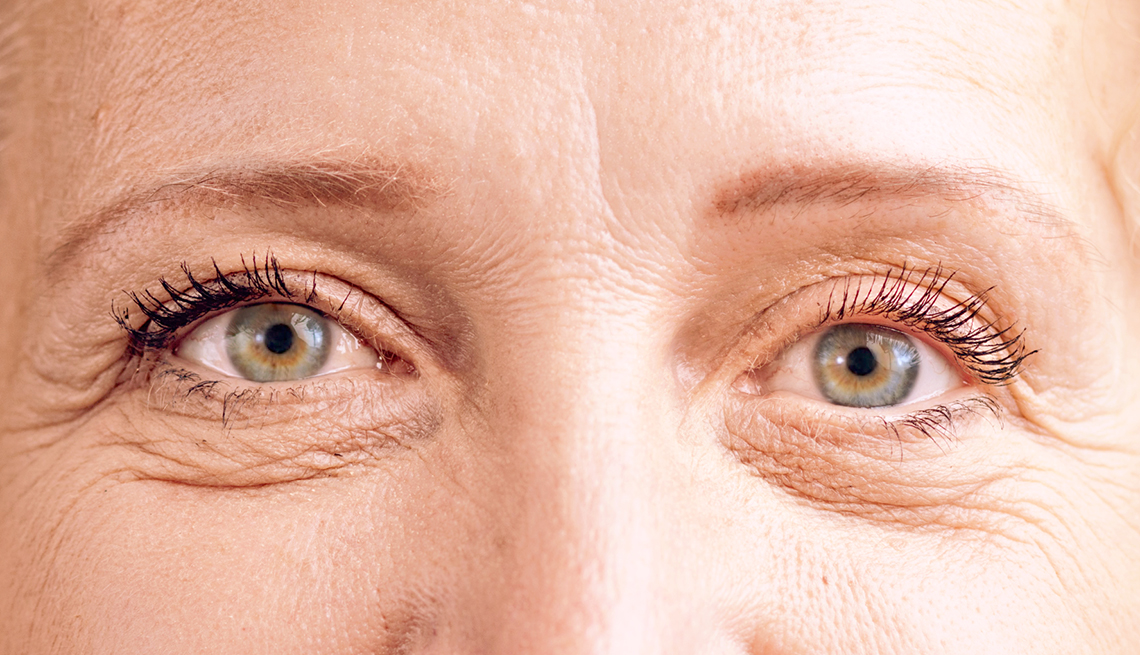All Categories
Featured
Unlocking Opportunities: Comprehensive Low Vision Rehab Alternatives.
Coping with reduced vision can offer distinct difficulties, yet modern-day recovery techniques empower people to prosper and adjust. From sophisticated modern technology to hands-on training, there are many options designed to enhance daily life and foster independence. Here's an in-depth consider the varied rehabilitation remedies offered for those with reduced vision.
The Function of Low Vision Rehab
Reduced vision rehabilitation concentrates on aiding people maximize their staying vision and establish skills to handle their surroundings. With a combination of tools, training, and customized support, rehabilitation programs boost performance and boost self-confidence in navigating everyday activities.
Trick Low Vision Rehab Options
Customized Visual Aids
High-Powered Magnifiers: These devices can be found in handheld, wearable, or digital layouts, enabling customers to check out, write, or view items up close.
Telescopic Glasses: Ideal for enhancing distance vision, these glasses help with activities such as seeing television or reading indications.
![]()
Filter Lenses: Tinted lenses minimize glow, improve comparison, and give UV security, boosting comfort and visibility.
Technical Innovations
Digital Magnification Devices: Desktop and portable tools use adjustable magnifying, allowing much easier access to printed materials and electronic web content.
![]()
Voice-Assisted Technology: Display viewers, voice-enabled mobile phones, and AI-driven applications aid individuals browse the digital world much more efficiently.
Wearable Vision Aids: Smart glasses geared up with video cameras and auditory comments give real-time help with reading, recognizing objects, and spatial orientation.
Professional Training Programs
Orientation and Wheelchair Training: This program instructs people how to relocate with confidence within their homes and neighborhoods, usually incorporating walking sticks or overview pet dogs.
Daily Living Skills: Specialized training furnishes individuals with strategies to perform crucial tasks such as food preparation, dressing, and managing house chores.
Flexible Visual Techniques: Therapists guide clients on leveraging field of vision or scanning techniques to make up for vision loss.
Ecological Alterations
![]()
Easy changes in your home or work can greatly boost availability:
Utilizing contrasting colors for far better things distinction.
Including task illumination to boost exposure.
Marking devices with tactile signs for easier procedure.
Psychological and Social Support
Dealing with vision loss commonly entails psychological adjustments. Support system and counseling services offer a safe space to share experiences and develop durability.
Peer mentoring programs connect people with comparable obstacles, promoting friendship and shared solutions.
Accessing Rehab Solutions
Low vision recovery solutions are widely offered via:
Specialized Clinics: Optometrists and ophthalmologists learnt low vision care offer tailored evaluations and solutions.
Not-for-profit Organizations: Teams like the American Foundation for the Blind and VisionAware provide resources, advice, and referrals.
Community Centers: Neighborhood solutions may provide free or low-priced training and access to assistive tools.
Final Thoughts
Reduced vision does not have to indicate a diminished lifestyle. With the ideal mix of devices, training, and support, people can reclaim self-reliance and enjoy meeting lives. By discovering the numerous recovery alternatives available, those with reduced vision can find techniques that work best for their special requirements and situations. If you or an enjoyed one encounters vision obstacles, don't wait to connect to a reduced vision expert to start the trip toward empowerment and adaptability.
Coping with reduced vision can offer distinct difficulties, yet modern-day recovery techniques empower people to prosper and adjust. From sophisticated modern technology to hands-on training, there are many options designed to enhance daily life and foster independence. Here's an in-depth consider the varied rehabilitation remedies offered for those with reduced vision.
The Function of Low Vision Rehab
Reduced vision rehabilitation concentrates on aiding people maximize their staying vision and establish skills to handle their surroundings. With a combination of tools, training, and customized support, rehabilitation programs boost performance and boost self-confidence in navigating everyday activities.
Trick Low Vision Rehab Options
Customized Visual Aids
High-Powered Magnifiers: These devices can be found in handheld, wearable, or digital layouts, enabling customers to check out, write, or view items up close.
Telescopic Glasses: Ideal for enhancing distance vision, these glasses help with activities such as seeing television or reading indications.

Filter Lenses: Tinted lenses minimize glow, improve comparison, and give UV security, boosting comfort and visibility.
Technical Innovations
Digital Magnification Devices: Desktop and portable tools use adjustable magnifying, allowing much easier access to printed materials and electronic web content.

Voice-Assisted Technology: Display viewers, voice-enabled mobile phones, and AI-driven applications aid individuals browse the digital world much more efficiently.
Wearable Vision Aids: Smart glasses geared up with video cameras and auditory comments give real-time help with reading, recognizing objects, and spatial orientation.
Professional Training Programs
Orientation and Wheelchair Training: This program instructs people how to relocate with confidence within their homes and neighborhoods, usually incorporating walking sticks or overview pet dogs.
Daily Living Skills: Specialized training furnishes individuals with strategies to perform crucial tasks such as food preparation, dressing, and managing house chores.
Flexible Visual Techniques: Therapists guide clients on leveraging field of vision or scanning techniques to make up for vision loss.
Ecological Alterations

Easy changes in your home or work can greatly boost availability:
Utilizing contrasting colors for far better things distinction.
Including task illumination to boost exposure.
Marking devices with tactile signs for easier procedure.
Psychological and Social Support
Dealing with vision loss commonly entails psychological adjustments. Support system and counseling services offer a safe space to share experiences and develop durability.
Peer mentoring programs connect people with comparable obstacles, promoting friendship and shared solutions.
Accessing Rehab Solutions
Low vision recovery solutions are widely offered via:
Specialized Clinics: Optometrists and ophthalmologists learnt low vision care offer tailored evaluations and solutions.
Not-for-profit Organizations: Teams like the American Foundation for the Blind and VisionAware provide resources, advice, and referrals.
Community Centers: Neighborhood solutions may provide free or low-priced training and access to assistive tools.
Final Thoughts
Reduced vision does not have to indicate a diminished lifestyle. With the ideal mix of devices, training, and support, people can reclaim self-reliance and enjoy meeting lives. By discovering the numerous recovery alternatives available, those with reduced vision can find techniques that work best for their special requirements and situations. If you or an enjoyed one encounters vision obstacles, don't wait to connect to a reduced vision expert to start the trip toward empowerment and adaptability.
Latest Posts
Laminate Floor Covering: Style Satisfies Durability at Carpet Interiors Floor & Home
Published Apr 19, 25
2 min read
Your Neighborhood Flooring Professionals in Orland Park, IL
Published Apr 19, 25
1 min read
Full Circle Strategic Marketing - Crush Google Rankings with Battle-Tested Search Engine Strategies
Published Apr 19, 25
2 min read
More
Latest Posts
Laminate Floor Covering: Style Satisfies Durability at Carpet Interiors Floor & Home
Published Apr 19, 25
2 min read
Your Neighborhood Flooring Professionals in Orland Park, IL
Published Apr 19, 25
1 min read
Full Circle Strategic Marketing - Crush Google Rankings with Battle-Tested Search Engine Strategies
Published Apr 19, 25
2 min read